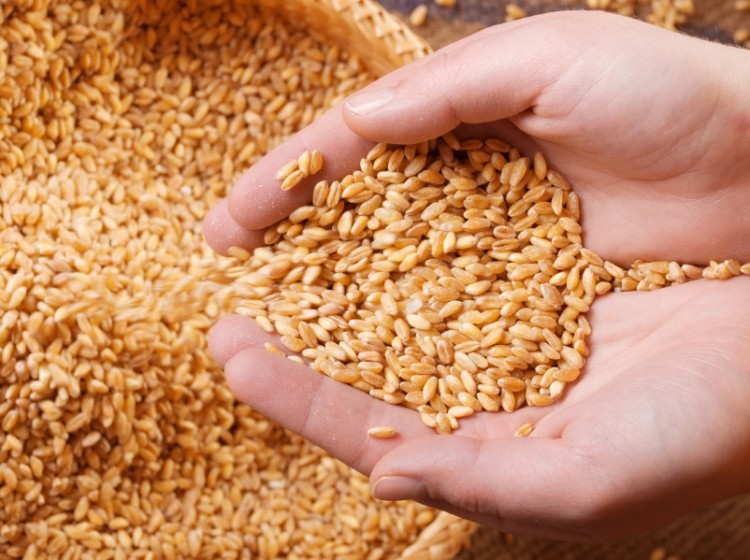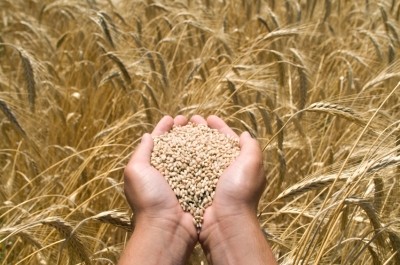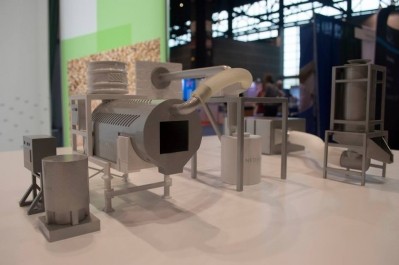Canadian grain industry permitted to use private labs

The agency said it would provide industry with more choices and timely service so they can access international markets.
REGAL (Recognition of Export Grain Analysis by Authorized Laboratories) will provide exporters the option of having grain shipments to certain countries tested for phytosanitary purposes by private laboratories.
These laboratories will test grain shipments for weed seeds, soil and/or live insects as determined by the importing country.
Export to India and China
Participation is voluntary and is expected to begin in fall 2017.
Industry members exporting grain crops of all kinds to India and China will have the option to have shipments tested by authorized laboratories.
Approximately $5.1bn of grain was shipped to the two countries in 2016.
Lawrence MacAulay, minister of agriculture and agri-food, said grain exports have been increasing and are expected to continue to grow.
"Canadian grain exports are continuing to rise because of bigger crops and industry improvements in how grain is stored and shipped demonstrating a need for grain testing options,” he said.
“By implementing the REGAL program, our government is helping grain farmers and exporters to more efficiently get their product to market and achieve our goal of reaching $75bn worth of annual agri-food exports by 2025.”
Possible program extension
Authorized laboratories will be Canadian and accredited to ISO/IEC 17025 or authorized under the Seed Laboratory Accreditation and Audit Protocol (Seed LAAP) Program.
Depending on results, the CFIA may authorize laboratories to test grain samples for export to other countries.
The program does not affect sample collection or decisions and time required for the CFIA to grant phytosanitary certificates once testing is completed.
It also builds on the CFIA's partnership with the Canadian Grain Commission.
CFIA will continue to be responsible for issuing phytosanitary certificates for all grain export shipments and will still offer grain export inspections.
Exporters will still be responsible for submitting a request to CFIA for a phytosanitary certificate at least 10 days before grain is shipped.
REGAL will expand the model where private authorized laboratories do weed seed testing of canary seed samples for export to Mexico.





